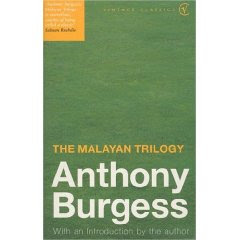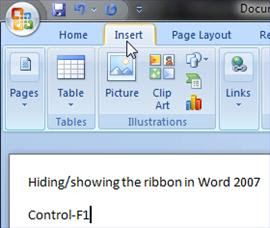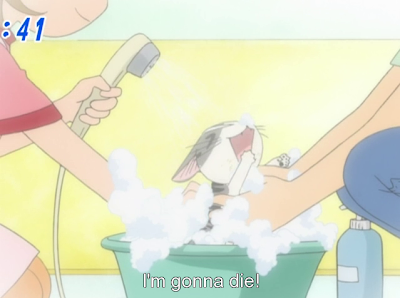
At the school I went to in my fourth and fifth form, we were allowed to decorate our desks. Any unobjectionable pictures, messages and so on (they must flat, of course) were allowed. We would arrange then on the desk the way we wanted and then cover them with a sheet of transparent plastic. Everyone did it except for a few boys who were living outside, not in the hostel like most of us. The girls generally went all out.
For my desk I had chosen a picture of Malcolm X I had printed out from an encyclopaedia CD-ROM. I knew Malcolm X as an American Muslim figure who got assassinated, nothing more. The truth was I wanted to appear clever. But even until I the end of schooling there nobody had ever asked me who he was and why I had his picture there.
I once saw a picture of him hung in backdrop of an Afro-American sitcom (I don't remember which show). It was supposed to be the living room of an average Afro-American family. What surprised me was that family in the show was Christian. I learned later that Malcolm X was actually famous and revered as a Afro-American activists. Earlier in his Muslim life he identified himself as a Black Muslim, a member of the Nation of Islam (NOI) and disciple of Elijah Muhammad, NOI's leader.
An ex-colleague told me to check out The Autobiography of Malcolm X. Read the chapter where he went to Mecca for Hajj and discovered that Islam is a religion for all colours. It'll be one of the most unforgettable books you'll ever read.
I have before talked the wonders of going to a book sale. It's kind of like going on a treasure hunt. In one such trip I found a copy of this book although was a bit ruined by moisture and uncareful handling.
It is a autobiography but not the true sense. Malcolm X was an extremely busy man. The book was put together with the help of Alex Haley, the author of Roots. Roots was made into a very talked-about TV mini series back in the 1970s. A few of my teachers in primary school told us about it. If your teacher had mentioned the name Kunta Kinte, yep, he or she was talking about Roots.
The book is tells the life of Malcolm Little, who later became Malcolm X, and El-Hajj Malik El-Shabazz. Malcolm had chosen to disclose his wild younger days as a Harlem hustler and a burglar in Boston. He believes they play some part in the making of his future self. We are made of our good and bad pasts.
Malcolm found Islam in prison. He stolen a watch from a wealthy Boston home, a rare and expensive one, and took it to a shop for repairs. The shop tipped off the police and he was arrested when he came in to collect it.
Initially he rejected all kinds of faith. People even started to call him "Satan." (I don't know why but I find part very funny.) Through letters sent to him in prison, Malcolm's siblings told about a so-called true religion for the Black people. It is called Islam.
They spoke of a wise person, Elijah Muhammad, who would lead the Black to greatness. He taught the people that "the white man is the Devil." It's not hard to see how he won many supporters. Malcolm decided to write to Elijah everyday. Their relationship bloomed when Malcolm joined with Elijah and the NOI after being released, and was made a minister. Malcolm proved to an asset. He was articulate and persuasive. Many of the NOI temples owe their existence to his relentless efforts.
Islam warns against fanaticism, and NOI began to show symptoms of it. Malcolm sensed that things are not fine, not just the way NOI functioned but the way top NOI people treated him. It was much worse than a cold shoulder. Whispers had reached his ears that a few people want him dead.
Then came the part my ex-colleague talked about, his Hajj. In those dangerous days, Malcolm turned to Allah for help. And Allah summoned him to the Haram, the holy cities. He met some trials before he was allowed into the Haram, including having to prove to the authorities that he is an actual Muslim. In those days, an American Muslim was almost a paradox to some people. However, trials proved to strengthen his beliefs and opened his eyes to the universality of Islam.
Throughout the book, Malcolm speaks widely about the Afro-American's condition. He was a believer in the "white man is the Devil" doctrine and went all over the country to teach it. But the Hajj and the trip to several African countries he took afterwards changed his world view. He believed that Islam is the solution to the racial problem.
I remember one night at Mudzdalifa with nothing but the sky overhead I lay awake amid sleeping Muslim brothers and I learned that pilgrims from every land — every color, and class and rank; high officials and the beggars alike — all snored in the same language.
My ex-colleague was right; this book had grabbed me and have yet to let me go.

































